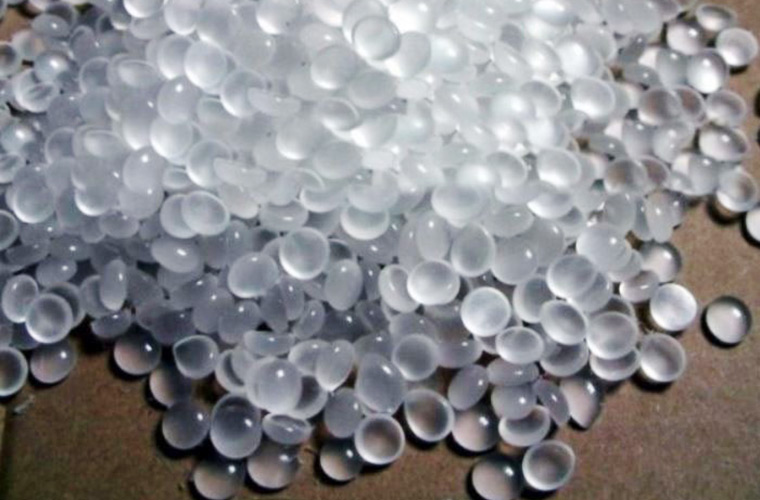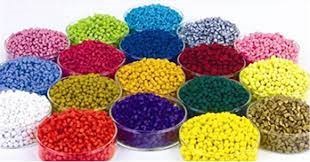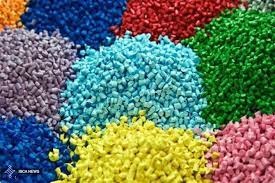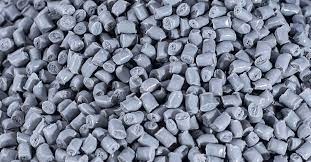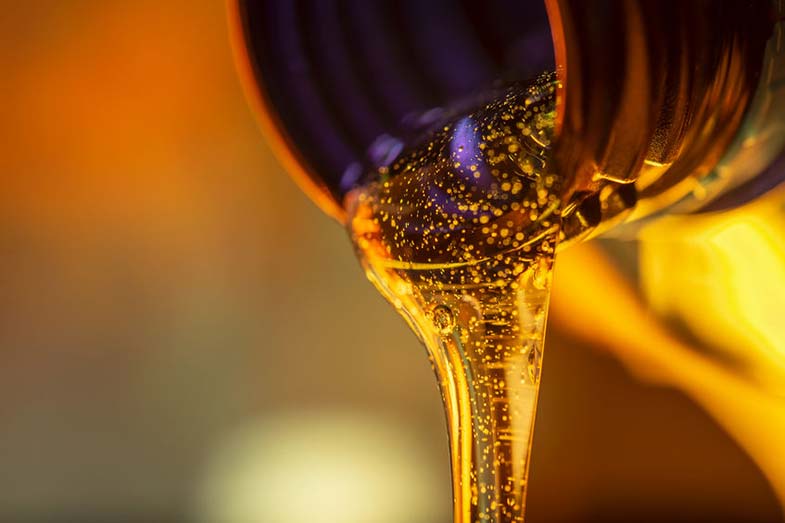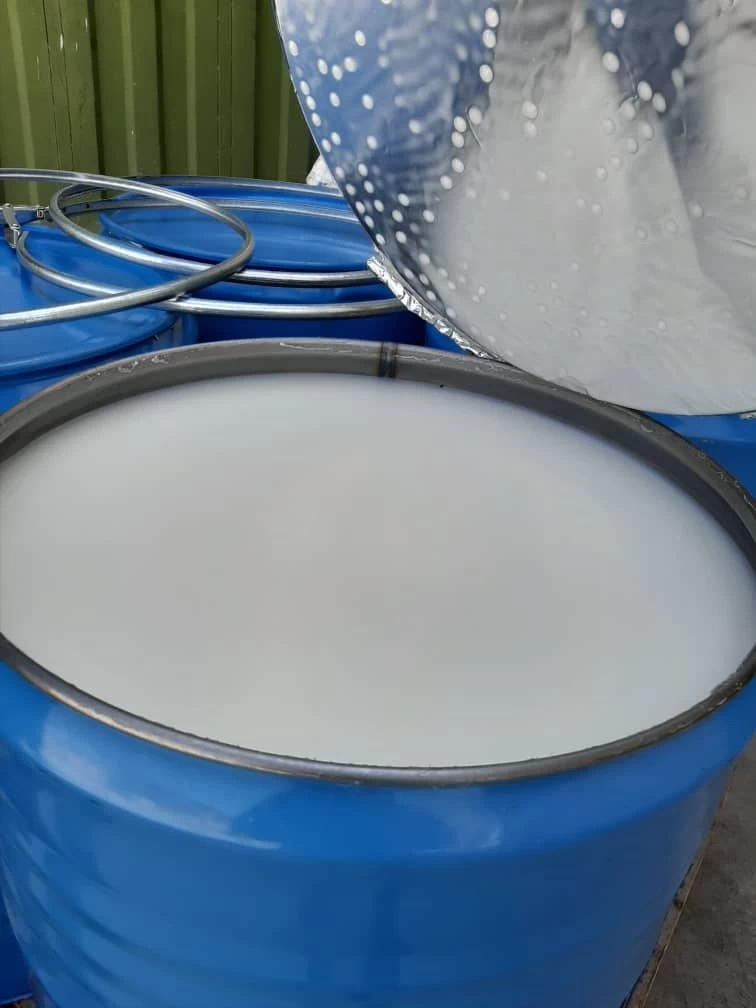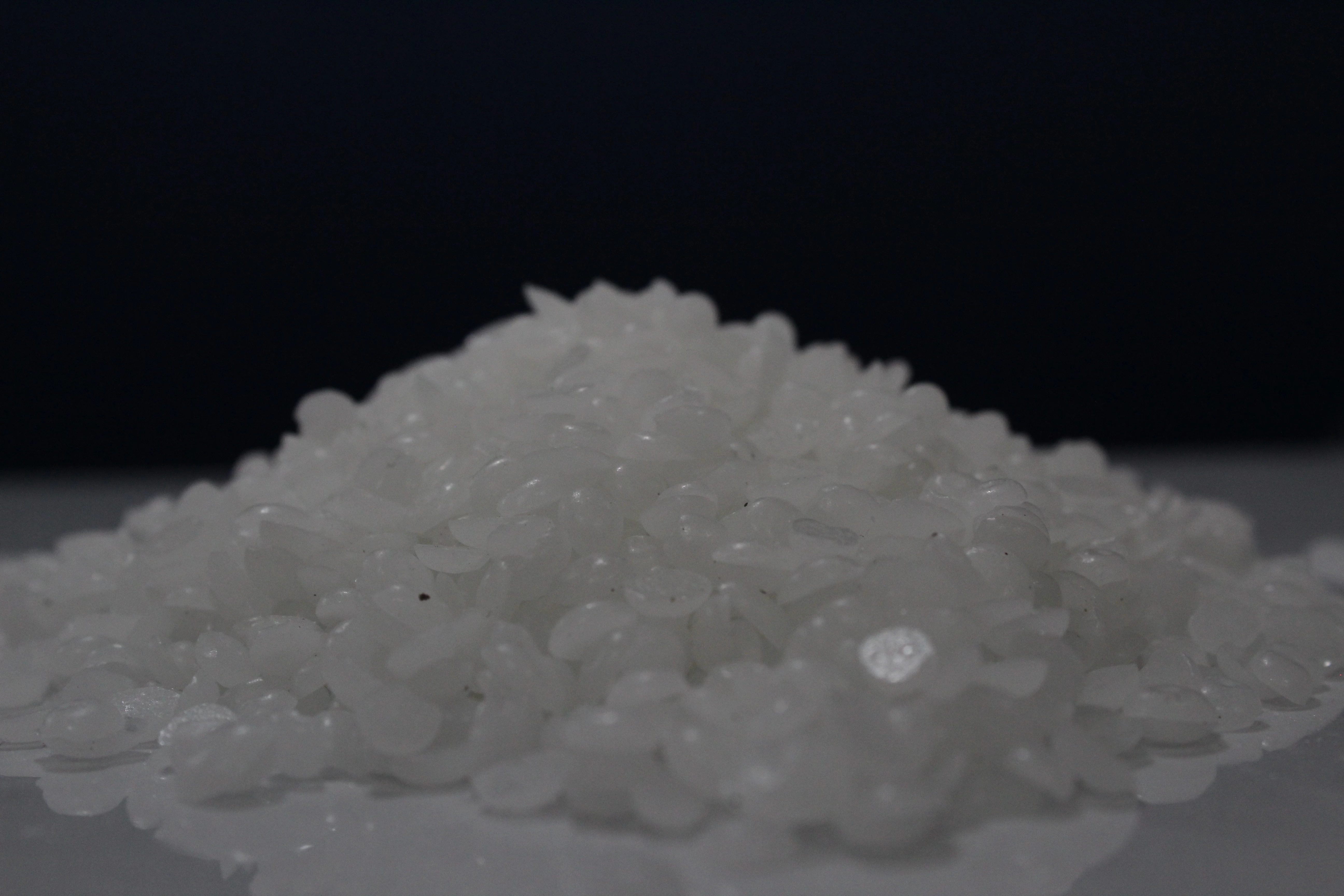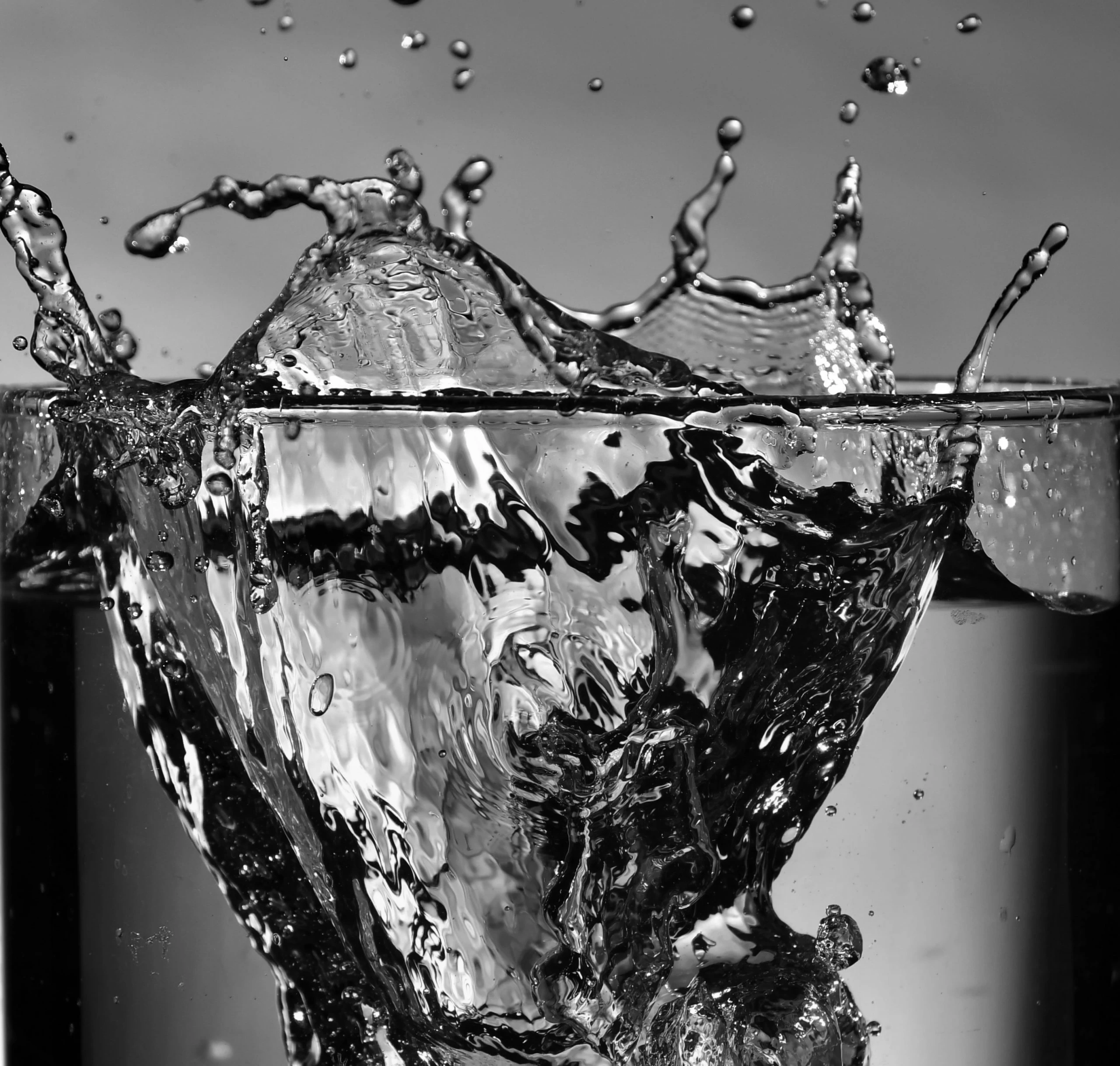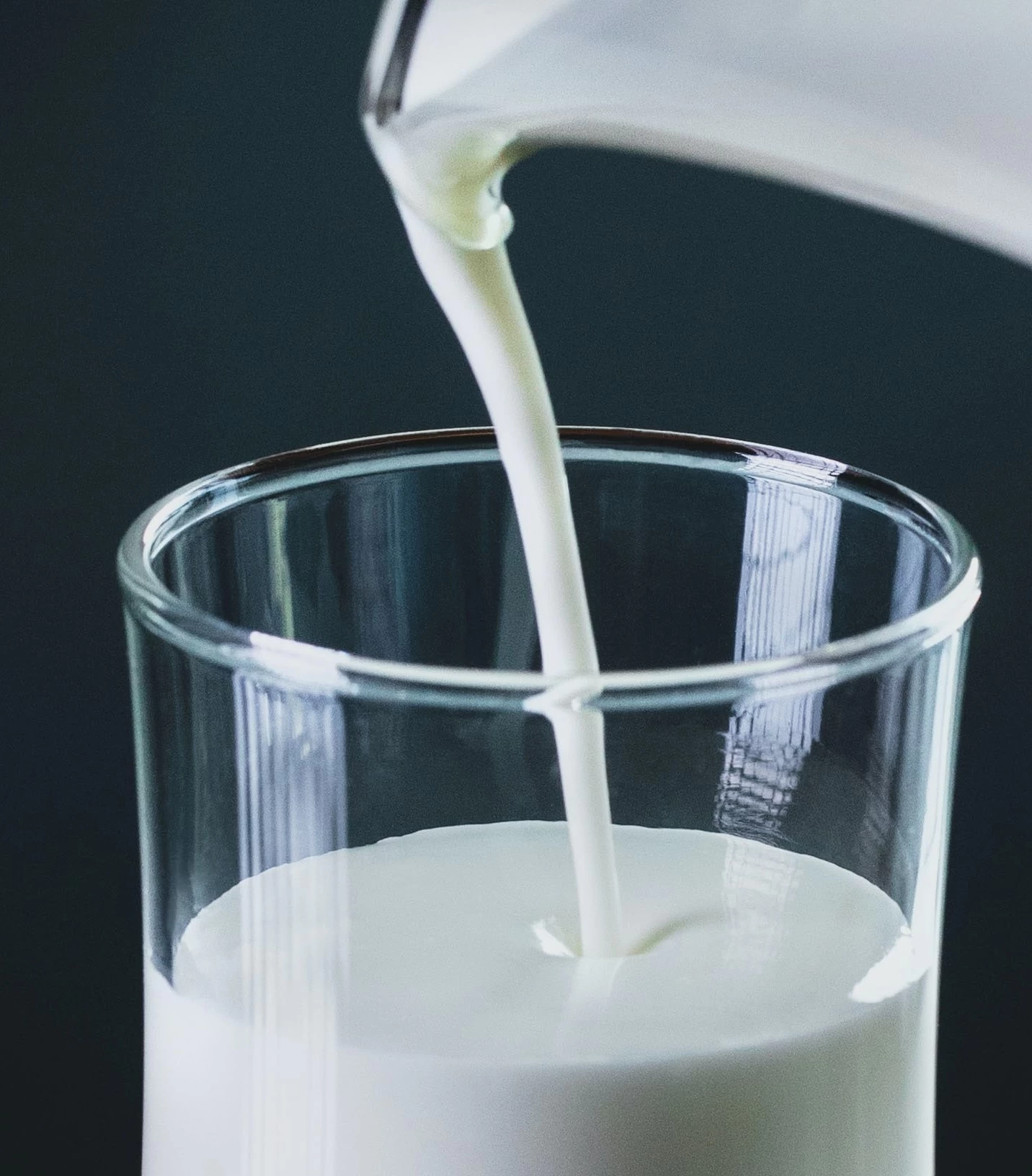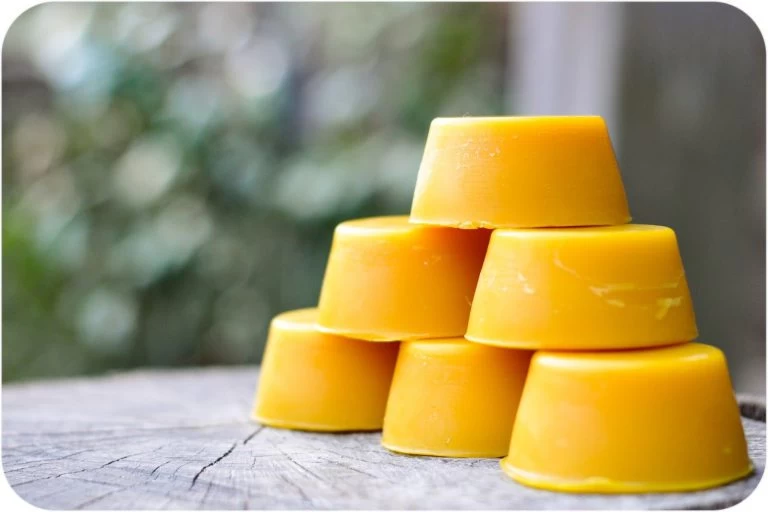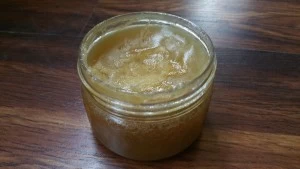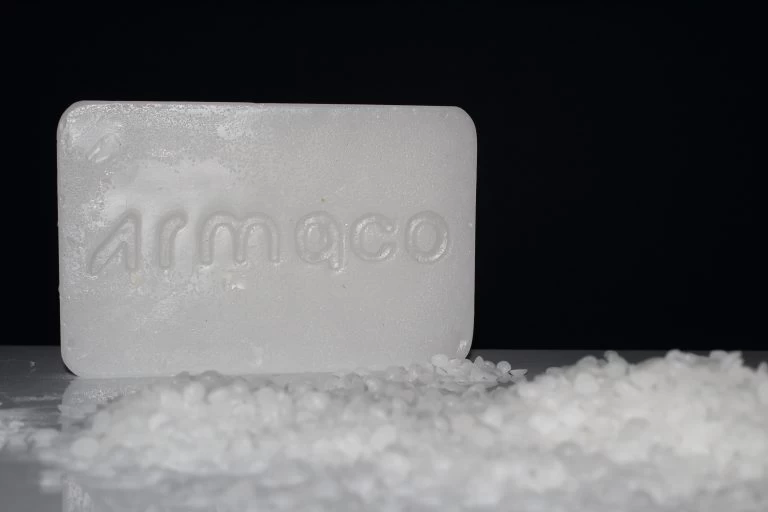Granule is a type of structure that is in the group of polymers. The granule structure is granular and is used in various industries such as rubber making, plastic materials, etc. Arash Mahia Paraffin Factory has been producing granulated paraffin in order to fully meet the needs of its customers in recent years and has used light paraffins with less than 1% of its oil in this matter. It should be noted that in the production of paraffin granules, light and dry paraffin (without oil) must be used to prevent the adhesion of the granular granules to each other. The main goal in granule production has been to obtain a material with more favorable properties, which is suitable for many industries due to its structural form, temperature and pressure under which paraffin becomes granulated. (production and sale of granules)
In order to know what granule is and what its uses are, we must first familiarize ourselves with its concept. It is worth noting that granule is not a type of polymer, but a special form of polymer material that has been transformed from a powder state into grain-like objects to make it easier to use. . In the following, we will examine each of the following items.
What are granules and types of granules
Daily granule price and price determinants
How are granules produced?
Granule production machine or extruder
The price of plastic granules depends on what factors?
What are edible granules?
What is granule and what is its use?
Polymers that are produced in petrochemicals are made in a special form for ease of use, which are called granules.
Granules can be produced from new polymers and used in a wide range of plastic industries, including rubber production, electric cables and all kinds of materials needed for product packaging.
In addition, the recycling of plastic waste into usable granules is expanding, which is the raw material of many industries, such as rubber, asphalt, and the main furnace fuel.
Also, masterbatch granules are very popular due to their properties, including creating transparency in colored products, improving the melting process, and not polluting the production site. Also, one of the advantages of using it is saving time, energy and money, that's why masterbatch sales are very prosperous.
Masterbatch granules can generally be divided into the following three categories:
Basic polymer materials
Additive chemicals
Adapting factors
In the following, we will describe each of these materials and explain their use:
Basic polymer materials:
Here we discuss different types of base polymer for granule preparation:
Polyethylene granules
This type has a crystalline structure and is produced in a light, linear and even high molecular weight form.
Application: Light polyethylene is used to produce all kinds of plastic bags and packaging materials, and its light linear type is also used in the production of electrical and telecommunication cables.
Also, high molecular weight polyethylene can be used to produce industrial machine parts and special bulletproof clothing.
Polypropylene granules
A special structure of the polymer, which is in the form of a ball and is the second most used thermoplastic after polyethylene, also has two different types, which are commonly known as textile PP and chemical PP in the industry.
Application: It is used to produce products such as toys and liquid bottles.
Polycarbonate granules
A type of transparent polymer material that provides the possibility of light transmission and is used in the production of various products such as car lights and medical equipment.
Polystyrene granules
A synthetic polymer of which there are three common types, resistant and expansion, and the common type is crystalline and transparent GPPS.
Application: Its expansion type is used to make unolit and building thermal insulation, and its resistant type is used to produce freezer body. It is also widely used in the pharmaceutical and medical industries.
Additive chemicals:
Additive powder materials include colors, fillers and pigments, which are selected according to the type of product performance and increase the volume of granules, making their price more economical.
Adapting factors
In order for the additives and colors to be better combined with the granule, compatibilizing agents are needed to increase the chemical compatibility of the materials for the composition with their improving properties.
(production and sale of granules)
Factors affecting the price of granules
Many factors affect the price of granules, which we will explain each one below:
1. Color used: It is one of the most effective color factors, it is interesting to know that the colorless type is the most expensive type, and then bright and transparent colors such as yellow and blue are more popular, and in the last category, dark colors are the cheapest.
2. Purity of materials: To detect impurities, granular materials are tested; the ash test is for non-polymeric impurities and the DST test is for polymeric impurities, and the purer they are, the more expensive they are.
3. Type of plastic : It is obvious that engineering plastics are more expensive and even their waste is more expensive than other types.
It should be noted that for the production of polymer raw materials, plastic waste can be separated and its recycling can be used to reduce costs. The more the petrochemical properties of these materials are, the higher their value will naturally be.
In fact, the price of recycled granules is naturally lower than new granules, but the quality of non-new granules can be increased with a series of methods explained below, which will also cause a difference in the price of recycled granules.
Proper segregation in the collection phase of recycled materials
The more the materials are separated from each other correctly and in compliance with the principles, the higher the quality of the final product will be.
Proper washing of recycled materials
In fact, any action that increases the purity of the material in the recycling process will help the quality of the recycled granule, and on the other hand, unwashed materials will disrupt the granule production process.
(production and sale of granules)
What is the granule production process?
Granules for various uses must first be melted and then shaped to be used in countless industries, hence they are cut into various shapes that we will discuss.
Underwater granule cutting method:
For this practical method, first the materials are melted and passed through a strainer, then they are directed under water to be quickly cut there.
Ring cutting method:
In this model, the granules are shaped like lentils, and then they are easily cut by very cold water flowing around the tank.
Production by drying:
In this method, after the materials are melted and pass through the fine meshes, they are cooled, dried and cut by passing through the tube-like paths.
Production by device:
This process, which requires an extruder or granule production machines, is one of the simplest methods that is usually used in our country.
What is a granule production machine (extruder)?
A granulator or extruder is an industrial device that converts granular materials into tape-like materials under pressure and heat, and also cuts it continuously with a cutter-like device, so it is used in various parts of the plastic industry.
Factor affecting the quality of the extruder
Filter grade of the device: In order to produce high-quality granules, the quality of the extruder is very important. To increase the efficiency of this device, a filter should be used, and the smaller the pores of this net, the better the separation.
What are the practical tips for buying granules?
As you know, the price of currency fluctuates a lot, and for this reason, the price of granules is announced daily, it may even change several times a day. Therefore, pay attention to prepare the granule according to the application you need.
Also, the supplier of raw materials for buying granules should be chosen reliable and after a lot of research; Because the cost you pay requires choosing the best option.
(production and sale of granules)
What is Granule Masterbatch?
As mentioned above, granules are small grains that are formed during a special process. Masterbatch granule is a special type of granule made from the following ingredients:
Polymer base materials: These materials include polyethylene, polystyrene, etc
Additives: Additives are used to give special characteristics to polymers, which often include pigments, fillers, and facilitators.
Solvent agent: In order to better combine the additives and colors, they use the compatibilizing agent.
Uses of Granule Masterbatch:
The three main uses of masterbatch granules are as follows:
1. Coloring property: plastic materials are colorless by themselves, from masterbatch to give color, such as white, black, etc. is used
2. Characterization: Masterbatches are used to create a special property, such as: fragrance, clarification, etc.
3. Cost reduction: Masterbatch fillers give properties to raw materials and reduce costs.
(production and sale of granules)
What is the price of plastic granules under the influence?
Granular plastic is often made from recycled materials or made with petrochemicals in a first-hand way and reaches consumers.
The prices of different types of granules are different. Naturally, the first-hand granule has a higher quality and a higher price.
Also, since the price of plastic granules depends on the rise and fall of the currency, the daily price of granules changes and is updated on the site.
When buying plastic granule, it is worth noting that the more transparent the granule is, the better it is because it has more colorability.
The next point is the purity of the granule, with ASH and DST tests, you can find out the amount of impurities in it.
Another important indicator of plastic granule is its melt flow rate, which shows how many times its raw materials have been melted. In the plastic industry, this index is called MFI. The lower the MFI, the lower the trend. As a result, the quality and price of granules are lower.
To choose the types of plastic granules, we must first see in which industry we want to use it. For example, the hygiene of the materials in the packaging is very important in the food packaging industry. For this reason, first-hand granules should be used.
Edible granules
In general, any small round grain is called granule. Granule is used in different industries and this term is not specific to masterbatch production industry. Granule has its own meaning and application in every industry. Granule powders can be used in various applications such as the production of gun powder, cosmetic powders, toners, medicine, etc. Therefore, edible granules have nothing to do with masterbatch granules.
Edible granule, which is also called granola, is a tasty grain that is included in the category of snacks and is used for breakfast. The ingredients of granola are usually oat flakes, brains, etc., which are very popular among athletes.
(production and sale of granules)
 +7929688-88-14
+7929688-88-14

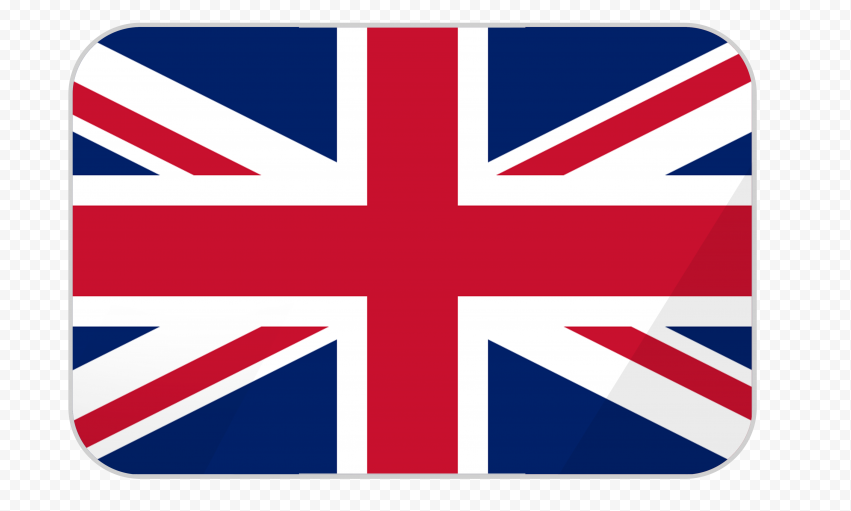 English
English
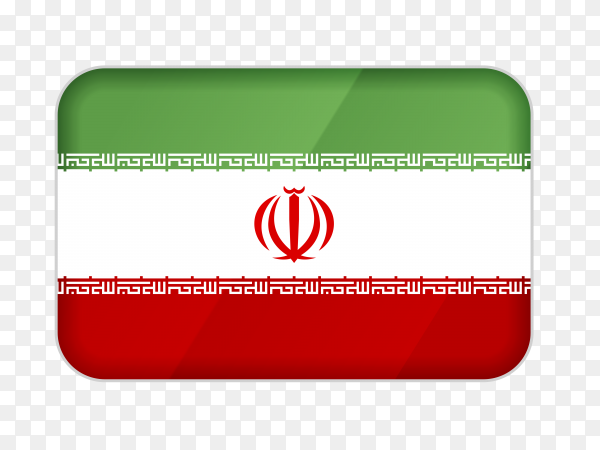 Persian
Persian
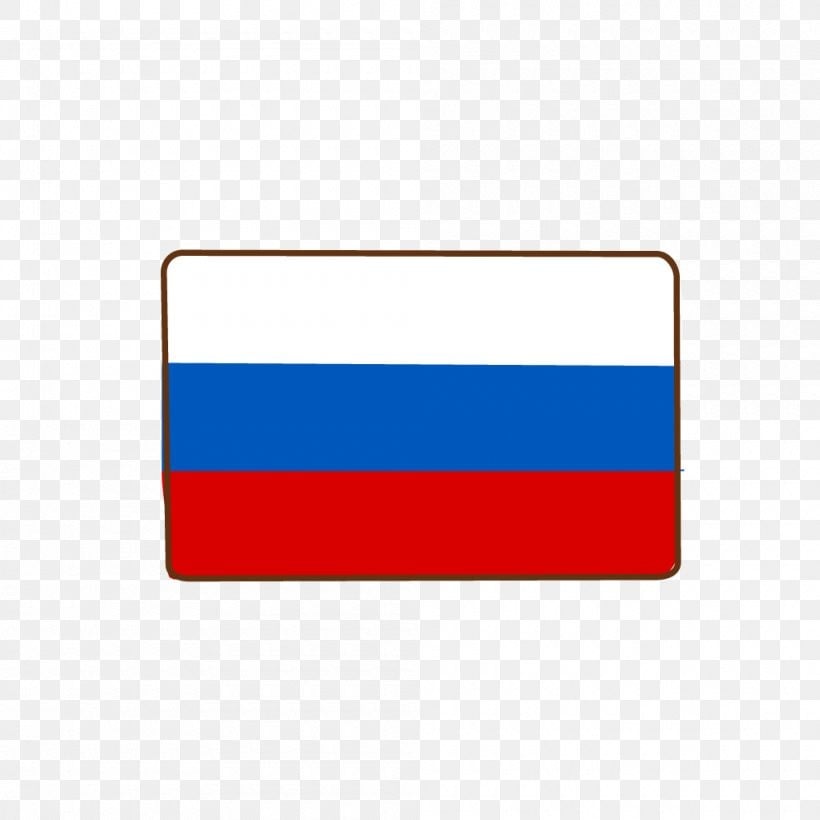 Russian
Russian
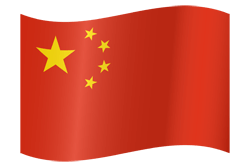 Chinese
Chinese


 +7929688-88-14
+7929688-88-14

 Oil derivation
Oil derivation

